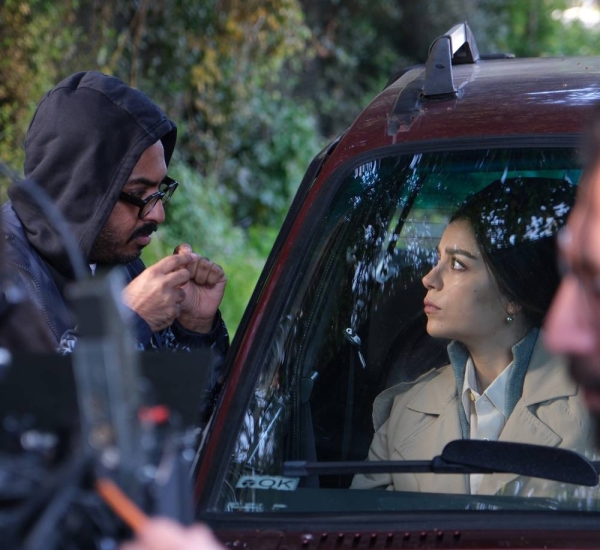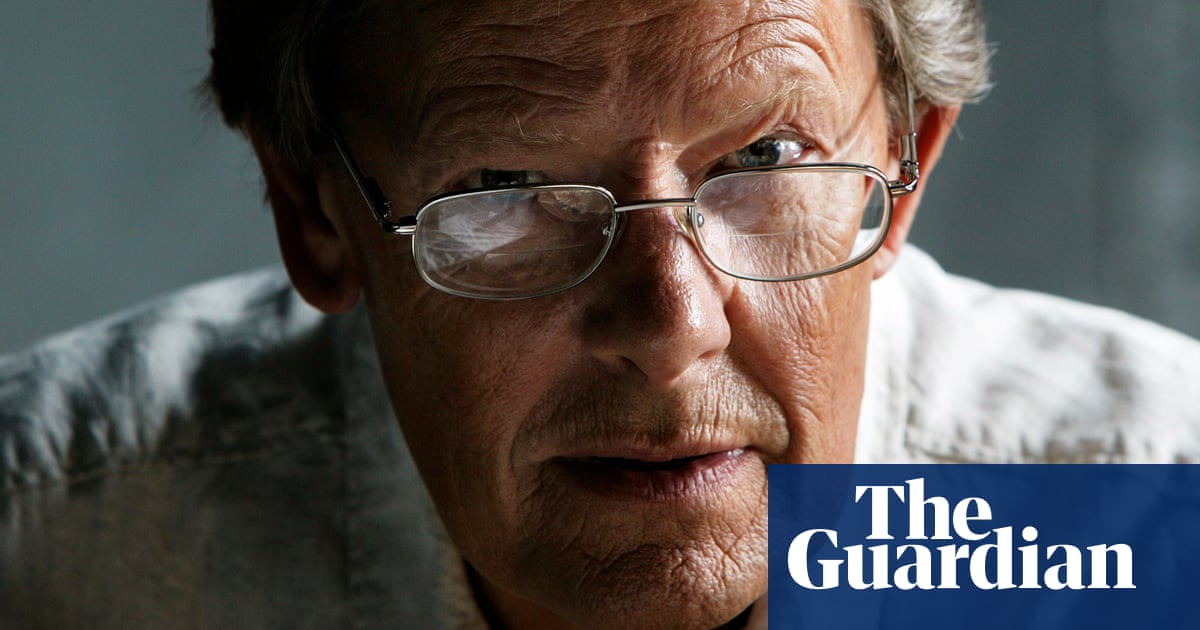
Saudi Arabia has opened its first international film festival amid accusations that the government is using culture to whitewash its poor human rights record, just days after similar controversy shadowed its first time hosting a Formula One race.
The Red Sea festival attracted international stars including Hilary Swank, Clive Owen and Vincent Cassel. Saudi Arabia presented it as a moment of change for a country that only lifted a ban on cinemas four years ago, a position embraced by some of those walking the red carpet.
But the gala has for months been the target of boycott calls from critics who warn that the glamour of show-business is being deployed by Saudi authorities to distract international attention from rights abuses within the country and beyond.
Under crown prince and de facto ruler Mohammed bin Salman, Saudi officials have crushed political dissent at home and pursued critics beyond the country’s borders, most notoriously murdering journalist Jamal Khashoggi at a consulate in Turkey.
The prince has also been widely condemned for directing Saudi Arabia’s intervention in the brutal civil war in Yemen, which is now enduring one of the worst humanitarian crises in the world.
“A film festival without freedom of expression quickly descends into propaganda,” said Madawi Al-Rasheed, a professor at LSE and prominent critic of the Saudi government. “Sport and art will never be a substitute for real reform that includes civil and political rights. International films are used as a cover for a sinister scenario of detentions, beheadings and murder by a regime that is desperate to break its isolation after it committed crimes in Yemen and against its own citizens.”
When the festival was announced earlier this year, Oscar-nominated film director Sami Khan was among voices calling for artists to stay away, in protest against Saudi Arabia’s disturbing record on human rights.
“The international film community should not allow itself to be bought and used by Saudi Arabia to whitewash horrific atrocities,” he said in a public statement. He said he expected to suffer financial implications and attacks on his reputation for the public stance, but cited others who had also condemned the festival.
“I probably will pay a price for this … but I’m increasingly disturbed by the way repressive governments are using the global film industry to launder their reputations.”
Other critics include Orwa Nyrabia, a Syrian filmmaker and artistic director of International Documentary Film Festival Amsterdam, who spoke out against the festival in 2019, when plans were first unveiled before the coronavirus pandemic.
Human Rights Watch called for celebrities planning appearances in Saudi Arabia linked to the Formula One race held earlier this month to either use their platforms to raise concerns about human rights, or stay away.
“On the surface, the festivities are meant to show race attendees having an amazing time. But a look beneath the hood makes clear that the Saudi government’s intent is to use these celebrities to whitewash its abysmal human rights record,” the campaign group said.
“Saudi Arabia has a history of using celebrities and major international events to deflect scrutiny from its pervasive abuses.”
Khashoggi’s fiancee had also made an open appeal to Canadian singer Justin Bieber to cancel a performance there, warning that his celebrity would “be used to restore the reputation of a regime that kills its critics.” He went ahead with the 5 December performance.
Ahead of the race, F1 world champion Lewis Hamilton said he is not comfortable competing in Saudi Arabia given its “terrifying” laws regarding the LGBTQ+ community. He once more called on Formula One to do more to address human rights issues in the countries it visits.











